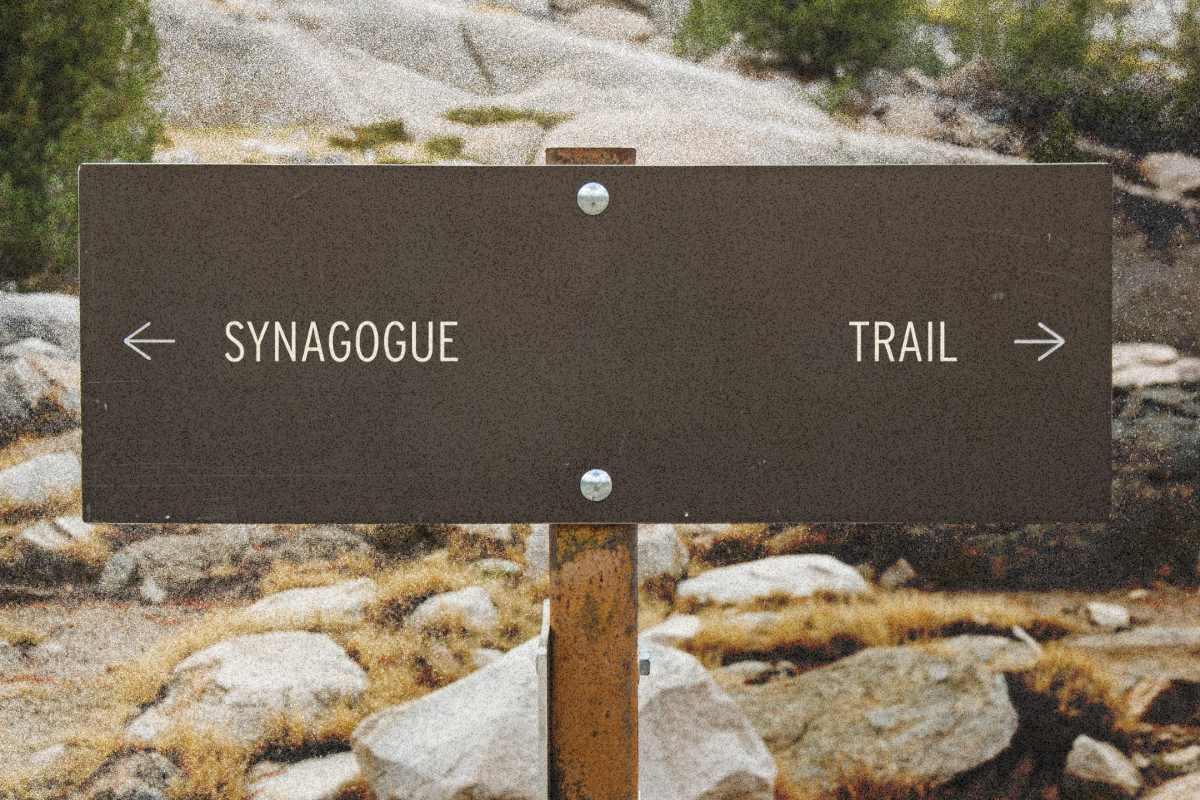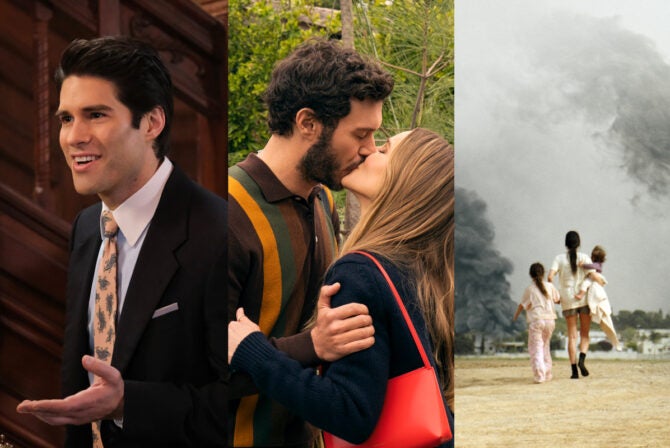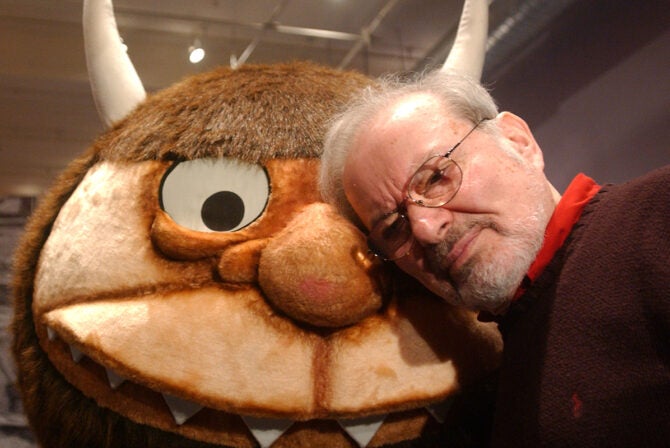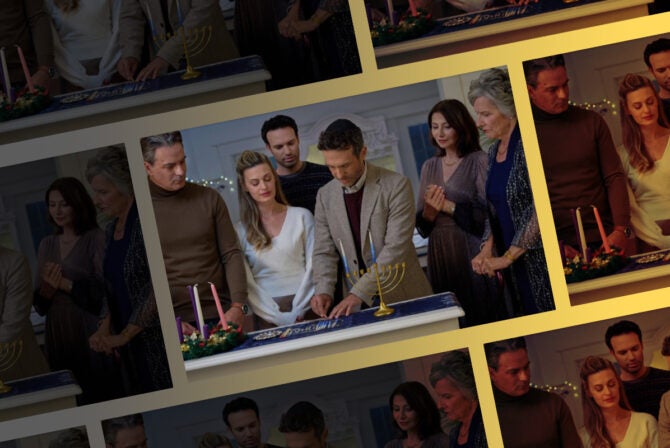When the Jewish Day of Atonement rolls around, my kids moan, “Do we have to go on a hike today?” The answer in my house is obvious. “Of course we do. It’s Yom Kippur.”
This makes perfect sense to me. It may not make sense to anyone else. And that’s okay.
Yom Kippur is the Jewish High Holiday where we’re supposed to fast all day and go to synagogue services and pray about becoming a better person. It is known as the holiest day of the Jewish year.
In our house, our stint at synagogue rarely goes beyond the morning 45-minute family service, and fasting rarely lasts past 3 p.m. But we do take long hikes — religiously.
As a kid, I sat hungry and cranky in synagogue, counting the minutes until we could go home and break the fast. I swore I wouldn’t do that to my own children.
Yom Kippur should hurt a little, but I always thought it shouldn’t feel like a meaningless punishment. I wanted my kids to feel the weight of the day, not the weight of being bored in a language they didn’t understand. I wanted them to feel what I didn’t as a child: that even in the hard parts, Judaism can bring joy, connection and love.
My wife Trish and I don’t want the day to seem “normal” though. We don’t want to come home after family services and have the kids turn on screens, or do anything they might on a “regular” day. So we decided to make hiking our thing. Every year on Yom Kippur, we pack a picnic and go for a hike — a long hike — before breaking the fast together as a family in the woods.
We started the tradition when we lived in Jerusalem, when our boys were 3 and 5. The city fell silent on Yom Kippur: no cars, no noise, just the sound of our sneakers on ancient stone. When we moved to Cincinnati, we learned about glaciers and how long 3 miles feels. In Chicago, when the boys were joined by their new baby sister, we disappeared for hours into forests that somehow exist between highways and strip malls.
One year we tried biking instead of hiking, and ended up sweaty, starving and sitting at a crowded restaurant. As waiters carried out grilled cheeses for the kids, I ordered soup and whispered an apology to my ancestors. The kids loved it. I didn’t. Nothing about it tasted like Yom Kippur, not even the shame. We went back to family hikes and picnics after that.
By the second or third mile in the woods, the kids usually start bargaining: “Can we call this enough and eat?” I’ll say, “not yet.” Later, when one of them mumbles, “I guess I could’ve been nicer this year,” I know the day has worked its quiet magic and we’ll spread out the battered tablecloth.
When my kids have families of their own, they may choose to spend all day in synagogue or they may invent their own weird traditions. Or maybe they’ll decide they want to continue our family tradition of hiking.
No matter what they choose, I hope they’ll remember our annual outings — how hungry we were, how tired, yes, but more than anything, how together we were, how connected. We celebrated the holiest day of the Jewish year uniquely, not because I wanted to skip tradition, but because I wanted to build something new, for them, and for us as a family.
Because traditions aren’t always about the rules we follow. They’re about the stories we carry with us, mile after mile.








